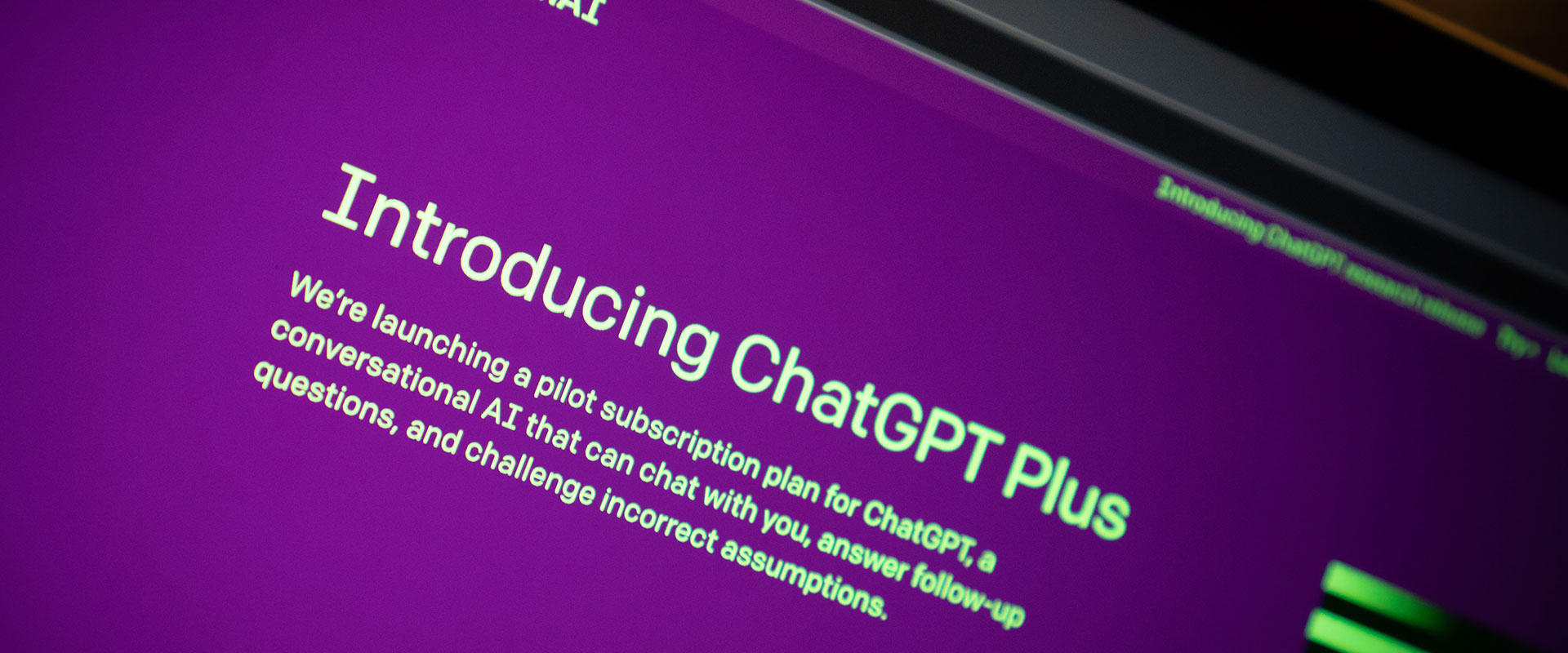Now that the calendar has flipped to 2023, several new employment laws have taken effect in New Jersey: a minimum wage increase, a service worker wage increase, and business restructuring within the healthcare industry.
What do these changes mean for New Jersey companies? Keep reading to find out.
Wage Increases
A New Jersey state bill signed into law in February 2019 created a schedule of wage increases of a minimum of $1 per hour each year until the state minimum wage reaches $15 per hour, in 2024. Because of significant increases in the Consumer Price Index, the 2023 increase is $1.13 per hour, exceeding the $1 minimum and bringing the statewide minimum wage to $14.13 per hour.
Other hourly wage increases took effect on January 1, 2023, as well for seasonal employees, staff of small employers, and long-term facility direct care personnel. Seasonal employees — like agricultural workers — will earn at least $12.01 per hour this year. They receive this classification if they’re working for an employer that:
- Only offers services for a maximum of 10 consecutive weeks between June and September
- Paid 75% or more of its employee wages during the previous calendar year for work done in a single quarter
- Received a minimum of two-thirds of gross receipts in the previous calendar year over a continuous period of sixteen or fewer weeks
Small employers are companies with fewer than six staff working during most of the 52 weeks in the current calendar year (2023) or fewer than six staff working each open day during no fewer than 48 work weeks in the previous year (2022). This year, personnel of “small employers” and seasonal employees will see their hourly wages increase to $12.93.
While companies can reduce the state’s minimum wage paid to employees working in the hospitality industry if they earn tips, the minimum wage all tipped workers receive in 2023 is $5.26 per hour as well as an increase in the tip credit, which is now $8.87. The healthcare industry also sees wage growth this year with long-term facility direct care personnel wage increasing to $17.13 per hour.
Business Restructuring in Healthcare
Since November 17, 2022, NJ state law requires covered healthcare entities — a licensed healthcare facility, staffing registry, or home care services industry — to “preserve employee benefits” and “honor collective bargaining agreements” in the contract if they are sold.
To protect employees further, the law also requires that within a minimum of 30 days before a covered healthcare entity changes control, the previous owner must provide the following specific employee information to the new employer:
- Names and all contact information of current employees
- Dates of hire and wage rates
- Employment classification of each eligible employee
Former employers must also post and inform eligible employees of their rights the law provides.
Updating and reviewing workplace policies and protocols? Keep reading.
The NJ state legislature turned its focus toward non-COVID-related issues toward the end of 2022, implementing additional employment policies and requirements.
- The New Jersey Division on Civil Rights (DCR) has issued updated posters that all NJ healthcare and housing providers, employers, and places of public accommodations must display. These posters include an updated New Jersey Law Against Discrimination (NJLAD) and New Jersey Family Leave Act (NJFLA) poster.
- State healthcare workers received additional job protections that include continued employment for a minimum of four months post change in control (assignment, merger, reorganization, sale, or transfer) of their healthcare employee. Wages and benefits such as education benefits, healthcare, PTO, and retirement may not be reduced or impacted for at least four months.
- A notice requirement took effect on April 18, 2022, obligating employers that use tracking devices on vehicles employees use to notify workers prior to using a mechanical or electronic device designed specifically for tracking movements.
- The New Jersey Cannabis Regulatory Commission (NJCRC) has issued interim guidance on using a Workplace Impairment Recognition Expert (WIRE) to determine and identify workers’ use 0f — or impairment from — cannabis or other intoxicating substances. NJCRC also offered a template, “Reasonable Suspicion Observed Behavior Report,” employers may use, although it’s not currently a requirement, to decide whether or not to conduct workplace drug testing.
As a reminder, “All New Jersey employers should post these new notices – either physically, electronically, or both – and prepare to distribute the posters on an annual basis by the end of 2022. Moreover, you should ensure all posters are up-to-date. In addition to the recently updated LAD and FLA posters, the DCR requires employers to post a notice regarding public accommodation in a place where it can be viewed by the public, such as the main lobby or entrance of an office.”
New rules from the Department of Civil Rights (DCR) permit NJ employers with intranet and internet sites used by their employees to post NJLAD and NJFLA posters electronically as opposed to physically.
Are you a commercial real estate investor or looking for a specific property to meet your company’s needs? We invite you to talk to the professionals at CREA United: an organization of CRE professionals from 92 firms representing all disciplines within the CRE industry, from brokers to subcontractors, financial services to security systems, interior designers to architects, movers to IT, and more.

